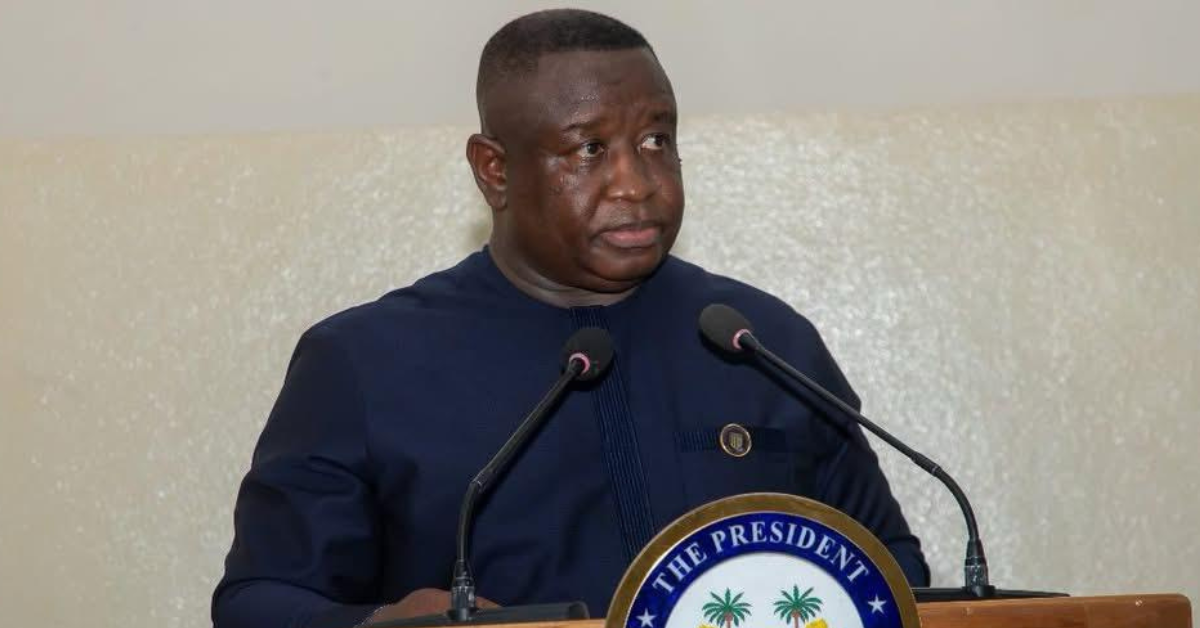Sierra Leone Government has set ambitious targets to improve its energy accessibility, presenting a draft compact to key financial partners during the World Bank Group’s (WBG) annual Spring Meetings held in Washington, DC.
The West African country, which recently qualified for the Second Cohort of Countries to join the Mission 300 initiative, showcased its national plan aimed at achieving 80 percent energy access by 2030, a significant increase from the current 36 percent.
The presentation was led by Sheku Fantamadi Bangura, Sierra Leone’s Minister of Finance, and Kandeh Yumkella, Chairman of the Energy Governance Committee (EGCG).
The draft compact focuses on diversifying energy sources, increasing the share of renewable energy, and attracting private investments to bolster infrastructure.
Among Sierra Leone’s Mission 300 targets are increasing renewable energy from 46 percent to 61 percent, enhancing installed capacity from 271 MW to an ambitious 1.28 GW, and raising clean cooking access from 1.5 percent to 25 percent. Furthermore, the government aimed to boost private sector capital investment from $615 million to $1.9 billion.
Mission 300 is a collaborative effort between the WBG and the African Development Bank (AfDB), working together to provide reliable, affordable, and sustainable energy to 300 million people across Africa by 2030. The initiative stressed on innovative financing and technology to tackle the continent’s energy poverty.
In his address in Washington, Minister Bangura characterized Mission 300 as “a reset” for Sierra Leone’s energy transformation efforts. He stated, “Mission 300 is an added resource – a way for both AfDB and WBG to bring in additional resources as they have all helped to lay the foundation for where we are in the sector. We are in a good place but anchored on very difficult economic and fiscal circumstances emanating from the sector.”
Dr. Yumkella focused on the challenges facing Sierra Leone’s economy, noting, “For us in Sierra Leone, we are facing quite a bit of headwind in our economy, the fiscal space with Karpowership among others.” He highlighted the need for persistent reforms and strong political will, urging political leaders to grasp the urgency of the situation. “The period we face teaches us that we can’t waste time. If you have to do something and recommendations have been given, we must just do it.”
The interministerial team, formed by President H.E. Bio, has worked diligently over the past few months alongside the WBG and other partners to prepare this compact, with Yumkella stating, “We have been able to package our information, set our ambition within the framework you have set for us.”
The Mission 300 national compact outlines five key pillars, which includes expanding generation and invest in reliable infrastructure, leveraging regional integration to lower supply costs and enhance energy security, promoting Decentralized Renewable Energy (DRE) and Clean Cooking Solutions, incentivize private sector participation and mitigate investment risks, and strengthening the financial viability and governance of utilities.











